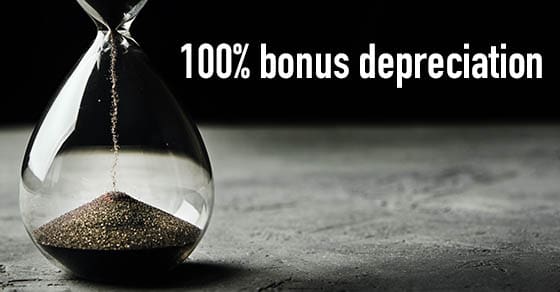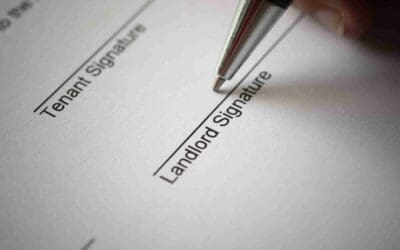Quick Facts:
- Enacted: Expanded under the Tax Cuts and Jobs Act (TCJA) of 2017
- IRS Code: Section 168(k)
- Depreciation Percentage: Initially 100% (2017–2022), phasing down to 80% in 2023, 60% in 2024, 40% in 2025, and 20% in 2026.
- Current Efforts to Reinstate: Ongoing legislative discussions aim to restore full 100% bonus depreciation to boost economic activity.
What is Bonus Depreciation in Commercial Real Estate?
Bonus depreciation is a tax incentive that allows commercial real estate investors to accelerate their depreciation deductions, helping them offset more taxable income in the early years of ownership. Unlike regular depreciation, which is spread over 39 years, bonus depreciation enables investors to take a larger upfront deduction on eligible property components, making it a powerful tool for improving cash flow and reducing tax liability.
How Does Bonus Depreciation Work?
Bonus depreciation allows investors to write off a portion of qualifying property costs immediately, rather than over the asset’s regular depreciation schedule. Under recent tax laws, this accelerated depreciation initially applied to 100% of qualifying costs in the first year but is scheduled to phase down. Only assets with a useful life of 20 years or less are eligible, meaning bonus depreciation can be used for shorter-lived components of commercial properties, such as fixtures, carpeting, and certain building systems.
Eligibility Requirements
To qualify for bonus depreciation, assets must meet these criteria:
- Short Useful Life: Assets must have a useful life of 20 years or less. This includes building elements like furnishings, fixtures, and appliances but does not apply to the primary structure of the building.
- New or Used Property: Unlike traditional tax incentives, bonus depreciation applies to both new and used assets, broadening eligibility for investors.
- Acquisition Date: Assets must be acquired and placed in service within the timeframe set by current tax law to be eligible for bonus depreciation.
Key Benefits of Bonus Depreciation
- Immediate Tax Savings: Bonus depreciation allows for significant tax savings in the year of acquisition, enabling investors to reduce taxable income substantially in the first year. This helps high-income investors shelter more of their earnings.
- Enhanced Cash Flow: By reducing the tax burden, bonus depreciation frees up cash flow, which investors can use for property improvements, debt reduction, or additional acquisitions.
- Portfolio Growth Potential: Accelerated tax savings allow investors to reinvest sooner, facilitating portfolio expansion and improving long-term investment returns.
How to Maximize Bonus Depreciation: Cost Segregation
To take full advantage of bonus depreciation, investors often conduct a cost segregation study. This study breaks down the building into components with different depreciation schedules, allowing the investor to identify shorter-lived assets that qualify for bonus depreciation. Cost segregation can help unlock substantial deductions in the first year, especially in high-value commercial properties with complex systems and furnishings.
Limitations and Considerations
- Phase-Down Schedule: As of current tax laws, the 100% bonus depreciation rate is scheduled to decrease incrementally: 80% in 2023, 60% in 2024, 40% in 2025, and 20% in 2026. Investors should consult with tax professionals to time their acquisitions and improvements for maximum tax benefit.
- Depreciation Recapture: Like standard depreciation, bonus depreciation is subject to recapture at sale, which may lead to a higher tax burden on capital gains. However, the upfront savings often outweigh recapture considerations, particularly if the investor’s plan involves long-term holding or using a 1031 Exchange.
- Investment Strategy: Bonus depreciation is most advantageous for investors with high taxable income or those planning to improve cash flow in the property’s early years. For investors seeking steady long-term deductions, regular depreciation may align better with their strategy.
Conclusion
Bonus depreciation offers real estate investors a unique opportunity to front-load tax savings, enabling increased cash flow and reinvestment potential. By understanding how bonus depreciation works and implementing cost segregation studies, investors can maximize their tax benefits, accelerate portfolio growth, and make more strategic use of their capital.



